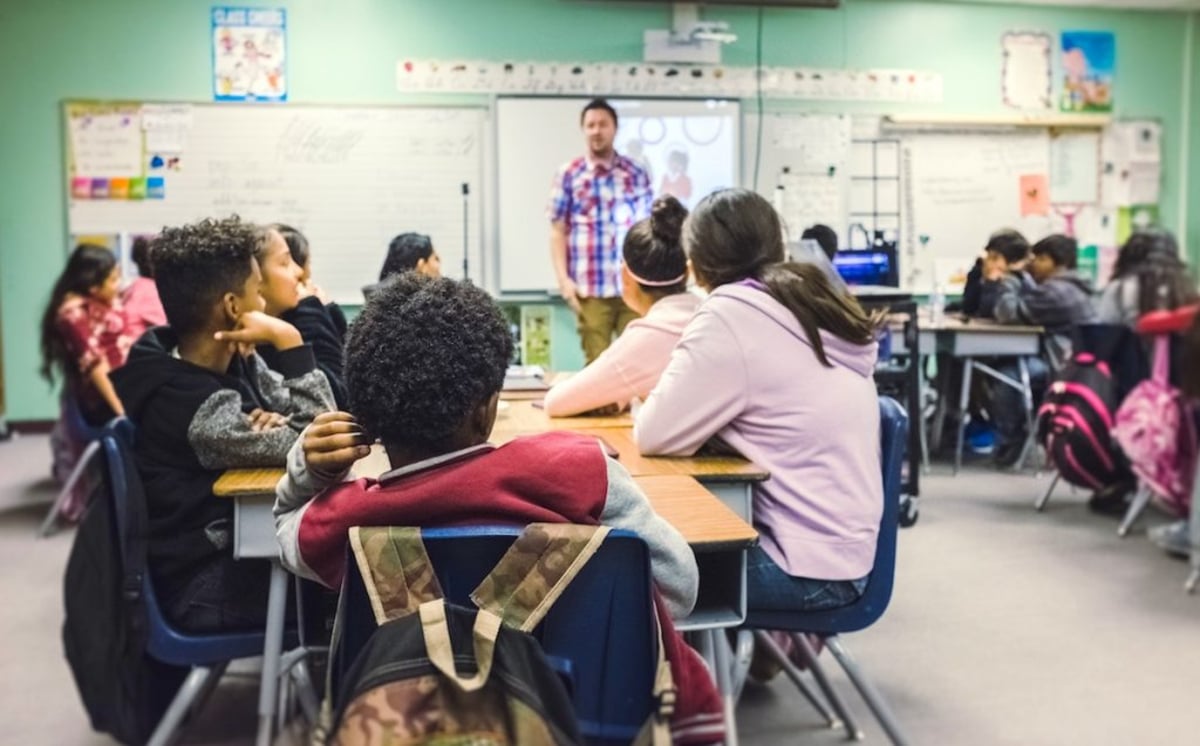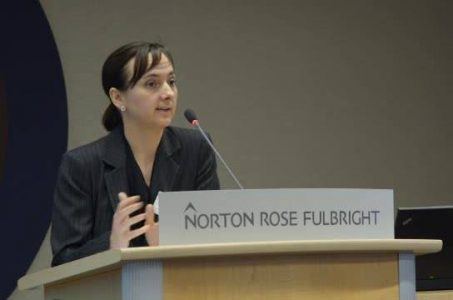Maryland High Schools Could Soon Be Required to Teach Classes on Gambling
Posted on: January 25, 2021, 10:24h.
Last updated on: January 25, 2021, 11:42h.
Legislation in Maryland has been introduced that would require all public high schools in the state to educate students on the potential harms of gambling.

State Senator Bryan Simonaire (R-Anne Arundel) introduced the bill earlier this year. Senate Bill 0243 — titled “Gambling Dangers and Addiction” — would mandate that programs teaching students about gambling addiction be implemented beginning with the 2022-2023 school year.
From a governmental policy standpoint, the state receives money from gambling revenues that can be used to help other priorities in our state, but also adversely enables many citizens to become gambling addicts, which creates other issues for the state,” Simonaire told the Capital News Service.
Under Maryland’s current law on gambling, casinos are required to pay an annual fee of $425 per slot machine, and $500 per table game, that goes towards the state’s Problem Gambling Fund.
Simonaire’s bill would direct some of that money toward creating curriculums to teach high schoolers about the harms gambling addicts endure. Simonaire’s district includes the Live! Casino Hotel Maryland. The casino resort is located near BWI International Airport.
A 2016 study conducted by the University of Maryland’s Center of Excellence on Problem Gambling found that the 18 to 34-year-old demo is at the highest risk of developing a gambling addiction.
Opponents to Gambling Addiction Measure
This is the second straight year that Simonaire has introduced the gambling addiction bill. The legislation passed the Senate unanimously last year, but was never taken up in the House because of COVID-19 shortening the session.
Simonaire says SB0243 is a clone of last year’s effort.
I have worked extremely hard to provide consensus among the stakeholders,” the senator explained. “At this point, I believe there won’t be any opposition to the bill this year.”
But there will be. Sen. Cheryl Kagan (D-Montgomery) says the state has no business telling schools that they must teach about gambling addiction.
“It is a widely held philosophy that the state should not mandate curriculum requirements on our 24 local school systems,” Kagan declared. “Our local boards of education were elected to represent their communities and are best equipped to decide the curriculum for students in their county.”
Kagan chairs the Maryland Education, Health & Environmental Affairs Committee. Simonaire is a committee member.
Problem Gambling Programs
The Maryland Council on Problem Gambling estimates that less than 10 percent of individuals who develop gambling disorders ever seek help. The nonprofit believes nearly two percent of adults in Maryland meet the requirements to be deemed a problem gambler.
Maryland, however, already heavily funds problem gambling programs. The National Council on Problem Gambling (NCPG) ranked Maryland ninth regarding the allocation of public funds dedicated towards problem gambling services.
“The average per capita allocation of public funds for problem gambling services in the 40 states with publicly funded services was 37 cents,” the NCPG explains. “In Maryland, the per capita investment was 62 cents.”
Related News Articles
David Baazov’s Lawyer Grills AMF, Claims Regulator’s Case Is Full of Holes
Genting Group Focused on Japan, Predicts ‘Fierce’ Bidding War
Most Popular
LOST VEGAS: ‘Tony The Ant’ Spilotro’s Circus Circus Gift Shop
Las Vegas Overstated F1 Race’s Vegas Impact — Report
Mega Millions Reportedly Mulling Substantial Ticket Price Increase
Las Vegas Strip Stabbing Near The Strat Leaves One Man Dead
Most Commented
-
End of the Line for Las Vegas Monorail
— April 5, 2024 — 90 Comments -
Mega Millions Reportedly Mulling Substantial Ticket Price Increase
— April 16, 2024 — 8 Comments -
Long Island Casino Opponents Love New York Licensing Delays
— March 27, 2024 — 5 Comments -
VEGAS MYTHS RE-BUSTED: You Can Buy Legal Weed On the Strip
— March 22, 2024 — 4 Comments
















No comments yet